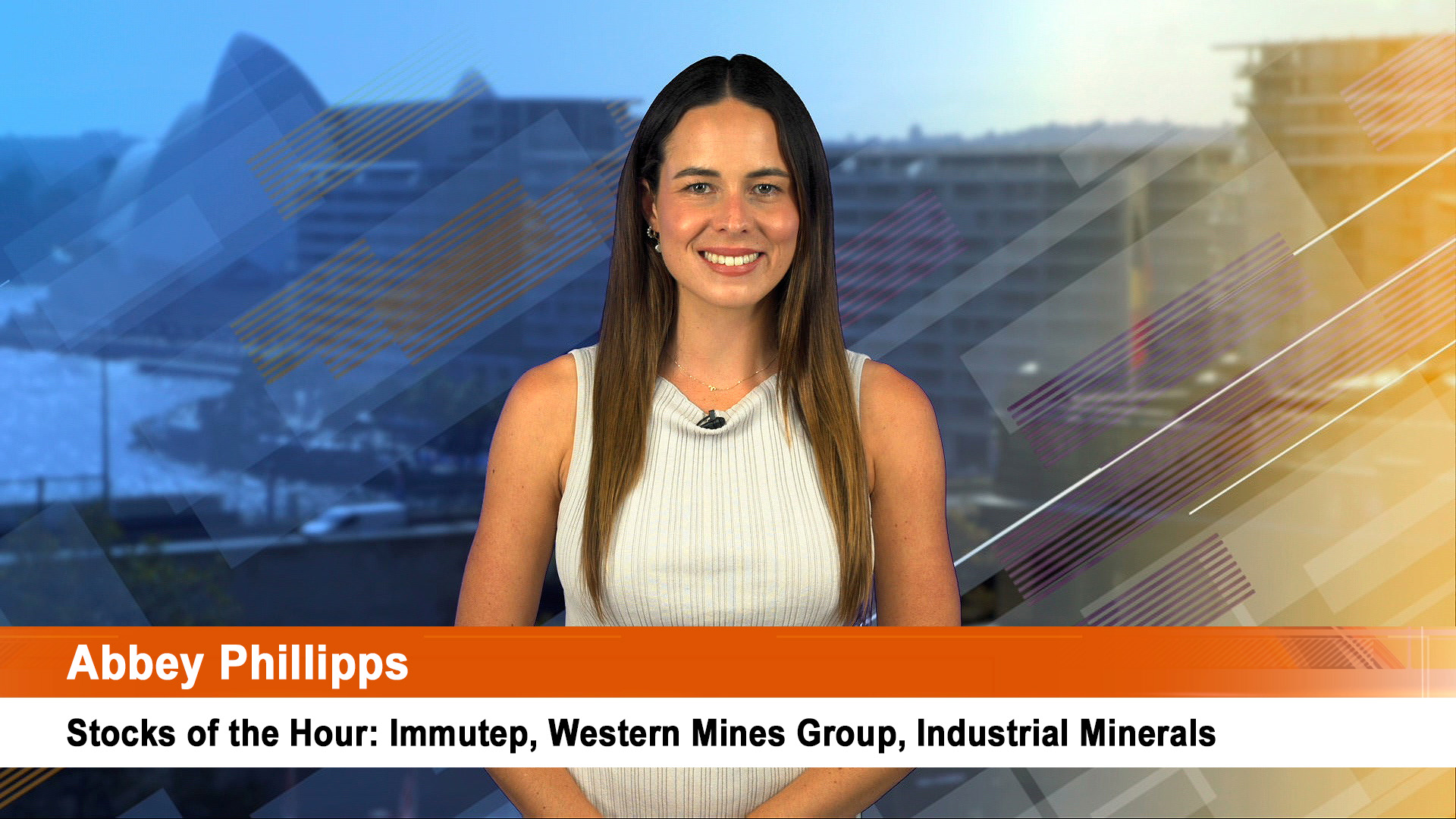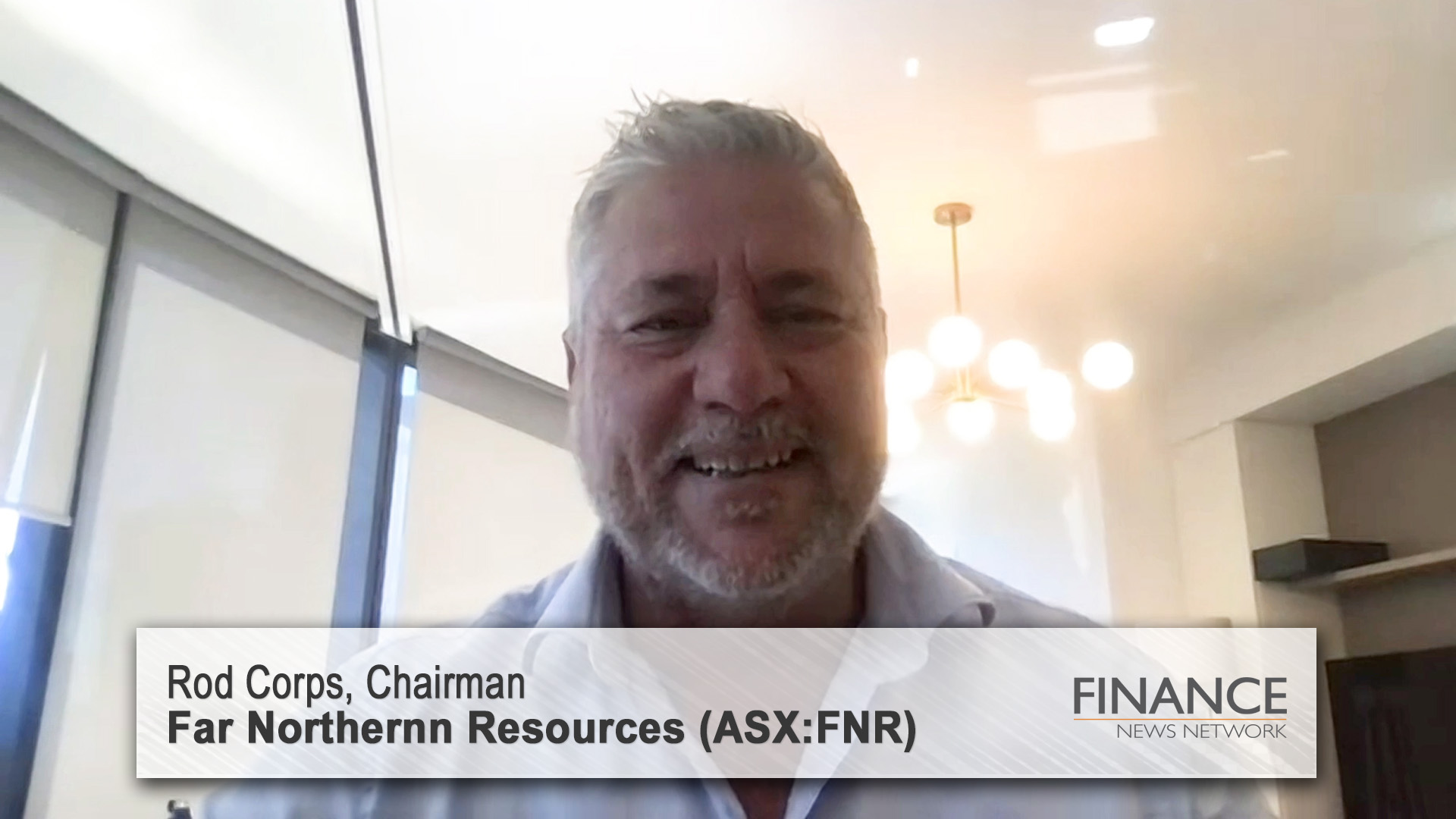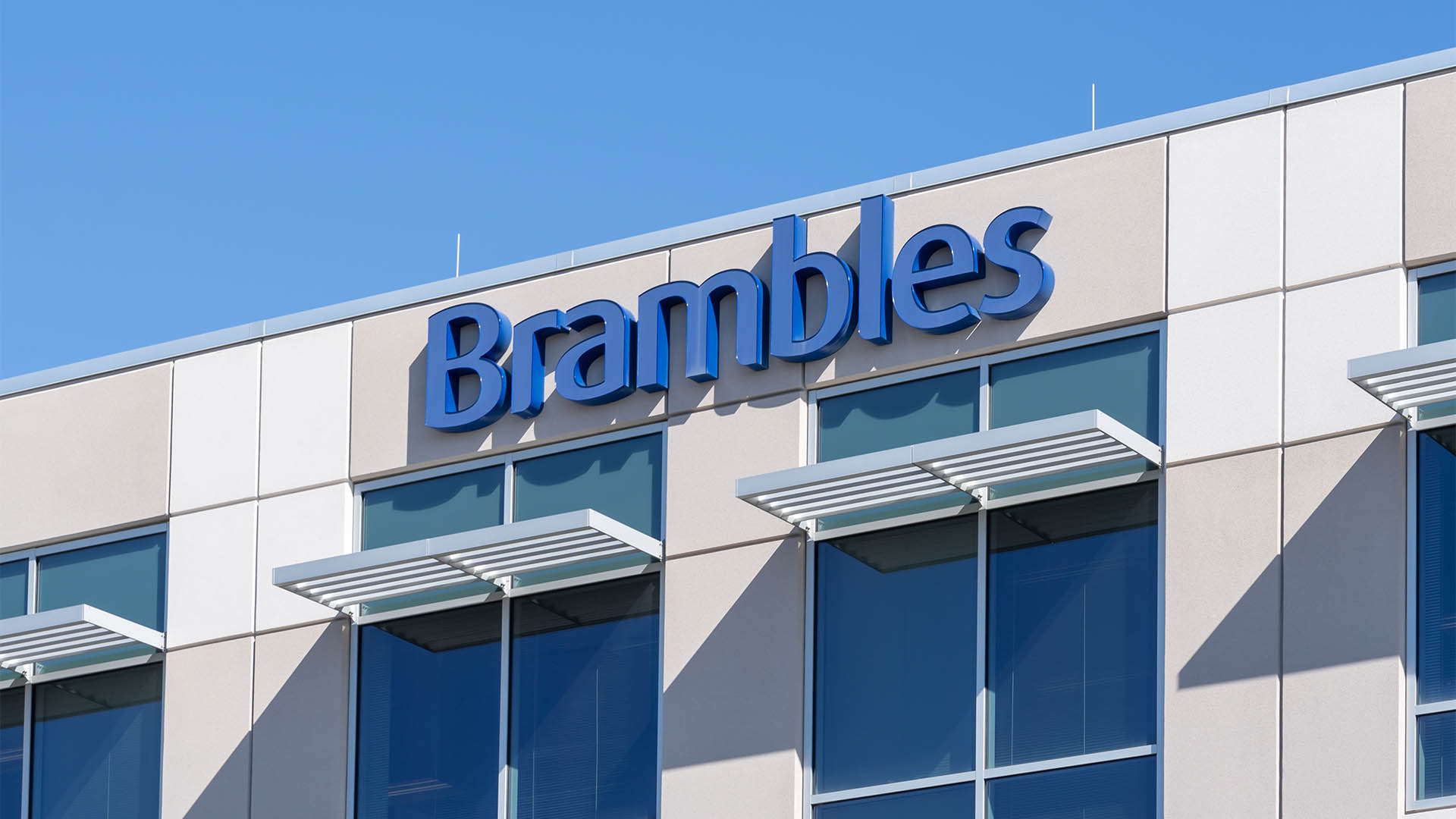Yet another interest rise has been bestowed upon us by the RBA.
A rise of 0.25% was announced this morning, the ninth increase without a fall in the past five years. The new cash rate is 6.5%.
The RBA cited worries about inflation and a too strong economy. It singled out the June quarter's Consumer Price Index as a key factor in the decision.
And that decision has happened only months out from a federal election.
But unlike the US where a rate rise was urged (and continues to be called for) on the Fed by Wall Street and some others looking for relief from the turmoil in credit markets, our rates went upbecause of the faster growth and greater price pressures in the economy.
That June quarter climb in inflationconvinced economists the Reserve Bank of Australia would have to act sooner rather than later.
And it did.
Acash rate of 6.50%, will not please a Federal Government under pressure in the polls.
But The RBA still resents the way the Federal Government and some of its operatives used the bank's name in the 2004 election campaign to attack the ALP's record on interest rates.
So in effect, it's the RBA asserting its independence from government, which is a positive.
And, there's the latest tax cuts in the May budget which seem to have helped to boost retailing.
Here's the statement issued by the bank with the increase.
"At its meeting yesterday, the Board decided to increase the cash rate by 25 basis points to 6.5percent.
Click here to find out more!
"Domestic economic data in recent months have signalled a pick-up in the pace of growth in demand and activity.
"Capacity utilisation is high after a lengthy period of expansion, and unemployment over recent months has continued to decline. Business and household confidence are strong.
"The demand for finance has strengthened, even apart from the temporary surge in June, particularly in the business sector. These conditions have been accompanied recently by higher-than-expected underlying inflation.
"In assessing the outlook, the Board gave careful consideration to recent developments in the global economy and financial markets.
"Credit markets in the US have experienced some turbulence in recent weeks, which may pose downside risks to the US economy. While this will need to be kept under review, developments to date do not appear to have changed significantly the broader global outlook.
"Even with the US slowing down, forecasts of global growth have recently been revised upward.
"High world commodity prices remain an important source of stimulus to Australia's national income and spending.
"For some months, the Board has recognised that stronger economic conditions were likely to put upward pressure on inflation, notwithstanding some dampening influence from the higher exchange rate.
"As a result, the Board has been of the view that further monetary policy tightening could be required.
"The main factors that had allowed time for further consideration were that, prior to this month, the two most recent inflation results had been unexpectedly subdued, and wages growth had remained moderate.
"However, the high CPI outcome for the June quarter indicated a less favourable near-term outlook, with the implication that any further increases in inflation would take place from a higher starting point than previously envisaged.
"Based on these considerations, the Board judged that a somewhat more restrictive monetary policy setting was required in order to keep inflation consistent with the target in the medium term."
Interest rates last rose by 0.25% in November 2006 to the current 6.25%, which was the eighth consecutive rise since May 2002.
The official cash rate has risen four times since the October 2004 federal election.













